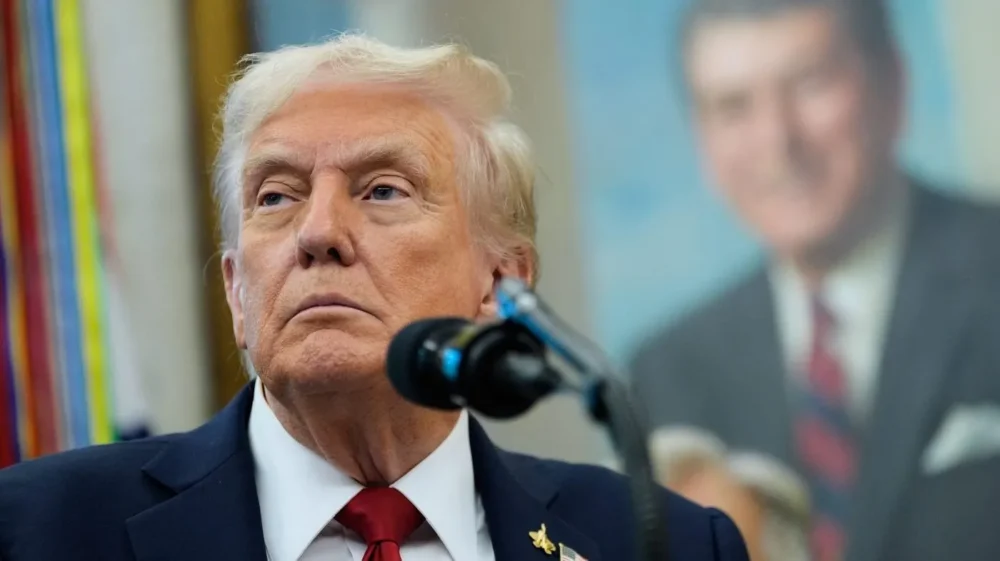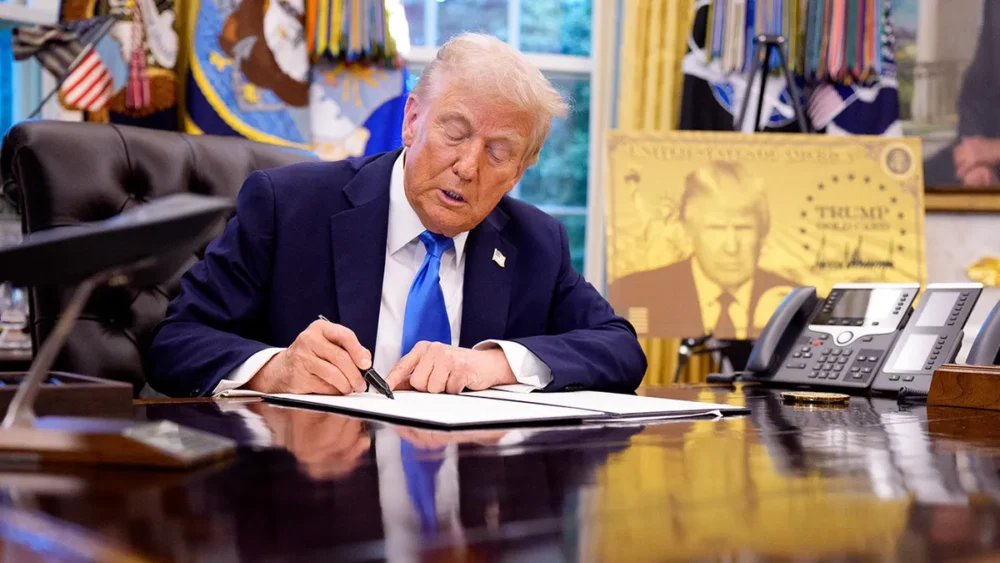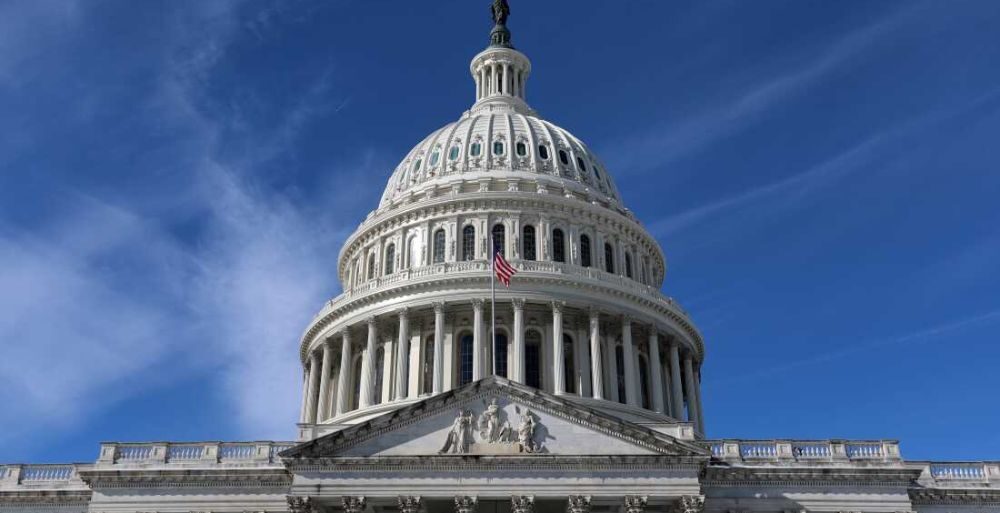Democratic support for reopening the government has unraveled, primarily due to significant doubts among Senate Democrats about President Trump’s willingness to negotiate fairly on issues like health insurance subsidies and the termination of federal workers. On Thursday, Democrats dismissed a proposal that would have tied a temporary funding measure, known as a continuing resolution, to three comprehensive appropriations bills for military construction, veterans’ affairs, the Department of Agriculture, and the legislative branch.
In private discussions, Democrats found the plan lacking in assurances that Trump and the GOP-led House would ensure renewal of health insurance subsidies under the Affordable Care Act, which expire in January. “You have a bunch of keys, and you’re trying to find the right key to fit a lock. We just have to have another key,” said one attending senator.
Centrist senators like Gary Peters, Jeanne Shaheen, and Angus King were involved in crafting the failed proposal, and efforts continue internally to reach an agreement to end the shutdown. However, strained ties with Trump remain a core obstacle. Senate Majority Leader John Thune needs at least eight Democratic votes to reopen the government, which has been shut for 37 days, but he remains five votes short. Democrats say Thune cannot guarantee Trump’s reliable support for maintaining health coverage subsidies, raising broader doubts about the White House’s commitment.
Thune scheduled a Friday vote on a House-passed funding bill with the intention of amending it to include the hoped-for compromise, but this vote is widely expected to fail. Democrats remain skeptical that Trump would refrain from freezing congressionally allocated funds or stop using “pocket rescissions” to claw back funding, and they fear Trump would continue firing federal employees even with the shutdown ended.
The consensus among Democrats is that Trump “hasn’t shown any inclination at all” to reach a deal to lower health care costs. Instead, he has pressed Thune and Senate Republicans to change Senate rules, eliminate the filibuster, and cut Democrats from negotiations entirely.
Senator Peter Welch voiced trust in Thune but not in House Speaker Mike Johnson, who is closely tied to Trump and the MAGA base. He emphasized that House support is crucial for any enforceable agreement. Senate Democratic Whip Dick Durbin recalled that Trump previously balked at bipartisan shutdown deals, even after significant cross-party negotiation efforts.
Democratic unity is partially fueled by recent White House behavior, including Trump’s fiery public rhetoric and personal attacks, such as sharing an AI-manipulated video that insulted Democratic leaders. Many found this deeply offensive, cementing the ongoing conflict.
Swing-state Democrats, who might have supported a deal, are holding back due to mistrust. “He’s certainly not helping,” stated Senator Raphael Warnock. “It’s the president’s job to bring everyone together for a solution, and he’s doing the opposite.” Warnock was also shaken by a recent Trump statement suggesting food assistance benefits would only resume when the shutdown ends, appearing to conflict with court orders. The White House later clarified that it would comply with judicial directives.
Senator Mark Warner, usually involved in such negotiations, is staying out this time, citing a lack of faith in Trump adhering to agreements. Democrats insist Trump’s public support is essential for any health insurance subsidy extension to pass the Senate, or to ensure a House vote on such a measure.
Thune has admitted his power is limited—he can promise Democrats a fair process and a Senate vote, but can’t guarantee Trump’s or the House’s cooperation.
On Thursday, Speaker Johnson refused to guarantee a House vote on the ACA subsidy extension, saying the House already passed a clean, short-term funding bill to keep the government open through November 21. Peters, leading centrist Democratic negotiators, indicated that this lack of commitment from Republican leaders is a “significant problem” for any real deal to be made.















